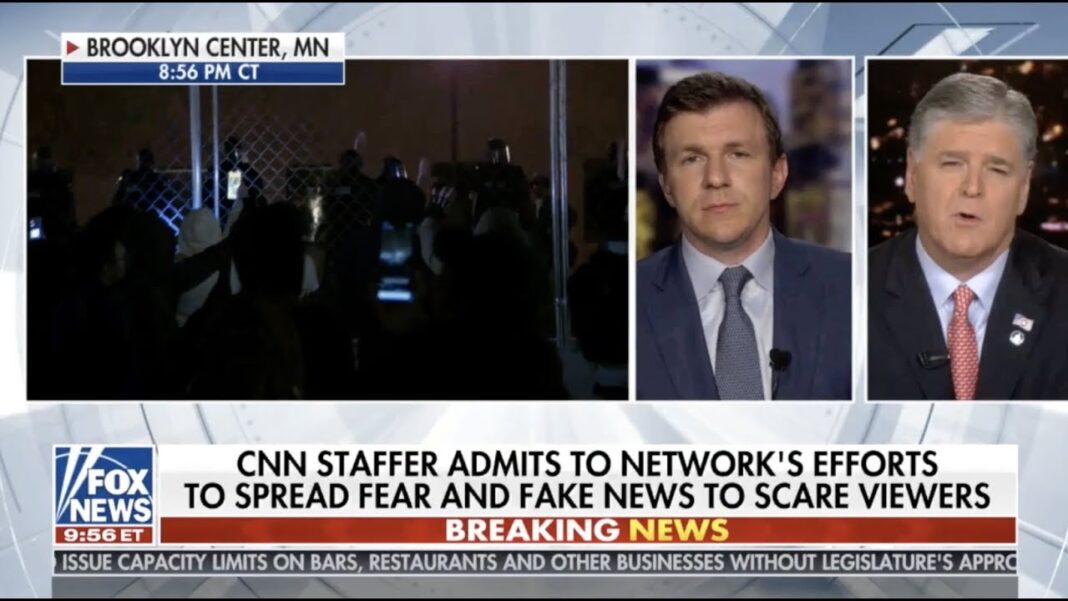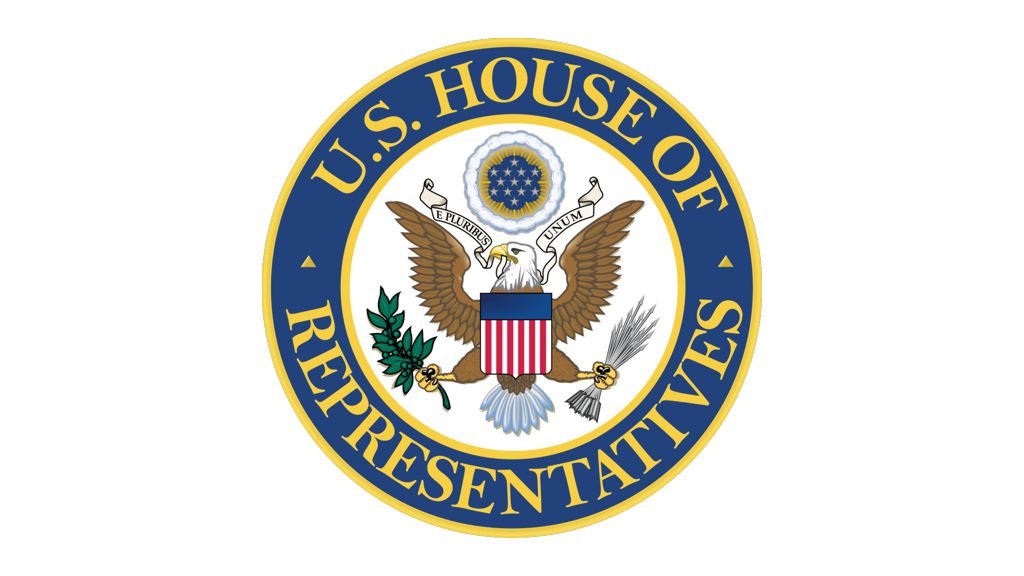The PRO Act | California AB5 on a Federal Level | The Business Newsroom Episode 57
The PRO Act (the Protecting the Right to Organize Act) is basically California’s AB5 on a federal level. It will completely kill the gig economy and force freelancers to join unions and pay dues, even if they don’t want to.
10 reasons to hate ‘the worst bill in Congress’
Why the PRO Act is a disastrous bill
The House has passed the Protecting the Right to Organize Act or H.R. 842 and the Senate is looking at the bill. The PRO Act is a compilation of dozens of extreme labor policy proposals from the past several years lumped into one disastrous bill. The competition among very bad bills pending in Washington could run into the hundreds, but this is the only one that is in the U.S. Senate now.
That’s why we’re calling it “the worst bill in Congress.” The PRO Act features a laundry list of more than 30 radical labor provisions that, if enacted, would strip American workers of critical rights and flexible work opportunities while costing the retail industry billions of dollars.
There are many reasons to hate the PRO Act, but we’ve broken down some of the bill’s most harmful provisions. Here are the top 10:
- Puts an end to independent work and the gig economy
Under the PRO Act, the gig is up! One provision has the potential to completely upend business models that allow individuals to work independently. The PRO Act would codify California’s controversial “ABC test” for classifying workers as either employees or independent contractors. That test severely limits opportunities for individuals to pursue independent work and has resulted in job losses in California. Expanding it nationwide would mean limited opportunity for individuals to work as independent contractors in numerous industries, including those who drive for ridesharing platforms such as Uber and Lyft and those who provide important services to retailers.
- Say goodbye to private ballots
In a world where the PRO Act is law, workers would be stripped of many privacy rights they currently have, including the right to cast a secret ballot in union elections. The PRO Act would replace this hallmark of democratic elections with “card check,” a scheme where employees are forced to publicly cast their votes and are subject to union coercion and intimidation.
- No more employee privacy
The PRO Act would force employers to turn over employees’ personal information – including cell phone numbers, emails and home addresses – to union organizers in advance of a union election without the opportunity for employees to provide consent or opt out. What could go wrong here? Workers and their families could be subject to union harassment and intimidation tactics if this provision becomes law.
- Same goes for free choice
Twenty-seven states have chosen to adopt right-to-work laws that give employees the free choice to decide whether to join a union without risking their jobs. The PRO Act would override the will of the voters in those states, depriving workers of the freedom to decide for themselves and forcing them to pay union dues.
- Picketing and union coercion coming to Main Street
In one of the most shocking provisions, the PRO Act would permit unions to strike or boycott neutral third parties that are not directly involved in an underlying labor dispute. This means a small business that simply does business with a company tied up in a labor dispute with a union would be vulnerable to picketing and boycotting by union organizers. These “secondary boycotts” cause economic damage to neutral small businesses and have the potential to do irreparable harm to their reputations in their local communities.
- More government control over private contracts
As if the government doesn’t already have its hand in everything, the PRO Act would eliminate the freedom of employers and employees to negotiate the terms of a contract if a bargaining agreement is not reached within the first 120 days of negotiation. Instead, the PRO Act would require an arbitrator who has no familiarity with the business’s operations to set binding contract terms. This sort of government control has bankrupted many municipalities and fueled the public sector pension crisis.
- Limitless joint employer liability
The PRO Act would codify an expansive “joint employer” standard, meaning retailers could suddenly face liability for workplaces they do not control and workers they do not employ. This expanded joint employer standard (which determines when a company can be considered a “joint employer” with its contractors or franchisees) has been opposed on a bipartisan basis, given the severe threat it poses to our country’s small and local businesses.
- Jeopardizes attorney-client privilege
The PRO Act would resurrect the so-called “persuader rule,” which interferes with attorney-client confidentiality and would make it harder for businesses, particularly small businesses, to secure legal advice on complex labor law matters.
- Increases costly litigation for all parties
Buckle up for costly lawsuits! The PRO Act would increase costly class-action lawsuits that directly benefit trial lawyers at the expense of employees and employers by prohibiting mandatory arbitration of employment disputes.
- Interferes with retailers’ ability to run their businesses
The PRO Act would take away the ability of employers to keep their workplaces open during economic strikes, which could cripple their business.
The PRO Act truly is the worst bill in Congress. At the heart of its provisions is the desire to strengthen labor unions and force workers into paying union dues at the cost of individual rights. It’s important to note that many of its provisions have been proposed before and rejected by Congress and the courts.
The House is expected to vote on the PRO Act soon. Now is the time to make your voice heard. Click here to see if your representative in the House has co-sponsored this misguided measure. Please use our online portal to tell them to vote “no.”
Read Original Article on NRF.com





